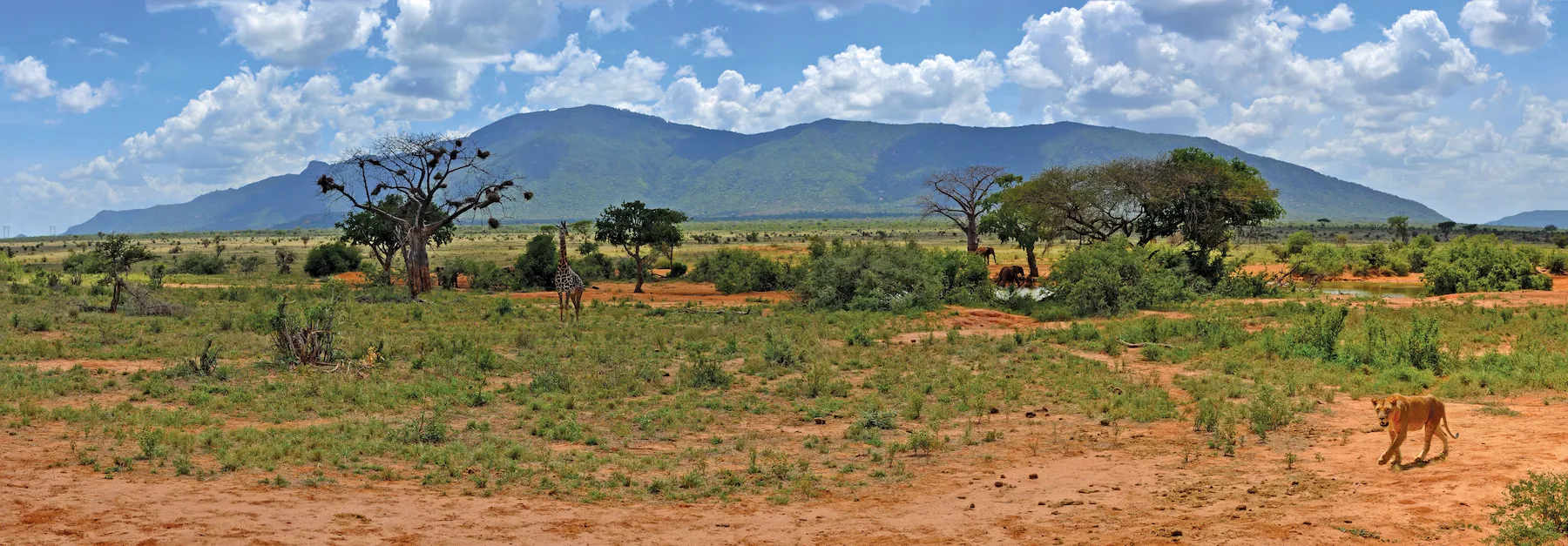Traffic flow should improve between The Hague and Amsterdam in the Netherlands if tunnels are built at Wassenaar where the N44 becomes the A44 motorway.
The number of vehicles that will travel through Wassenaar is expected to increase to 57,000 per day by 2030. However, only one if five vehicles are destined for Wassenaar, which has a population of around 26,000, according to a report by the Dutch civil engineering consultancy Royal HaskoningHDV,
September 27, 2018
Read time: 1 min
Traffic flow should improve between The Hague and Amsterdam in the Netherlands if tunnels are built at Wassenaar where the N44 becomes the A44 motorway.
The number of vehicles that will travel through Wassenaar is expected to increase to 57,000 per day by 2030. However, only one if five vehicles are destined for Wassenaar, which has a population of around 26,000, according to a report by the Dutch civil engineering consultancy Royal HaskoningHDV,
The open tunnels would cost between €160-180 million as against around €700 million for a full tunnel for the N44/A44 underneath all of Wassenaar, a wealthy suburb of The Hague, which lies around 10km away.









